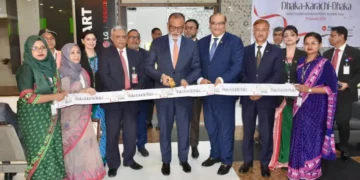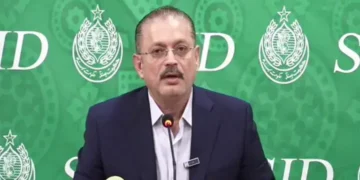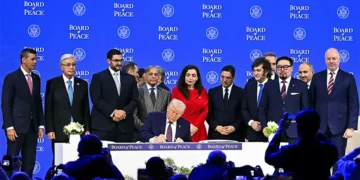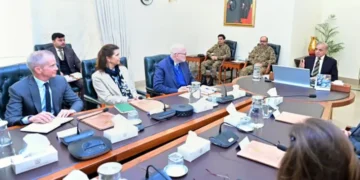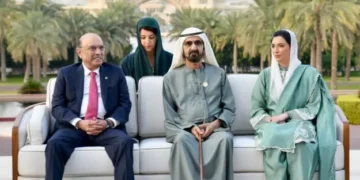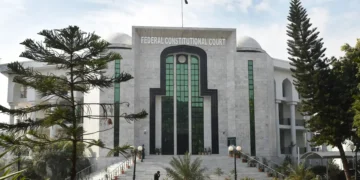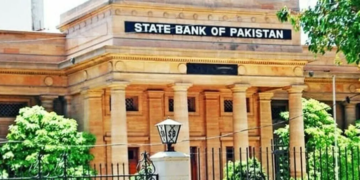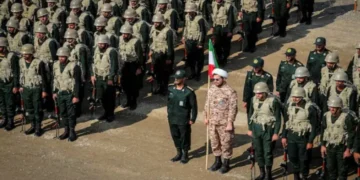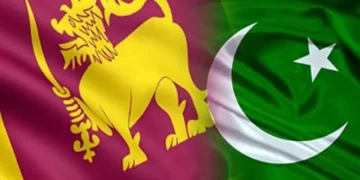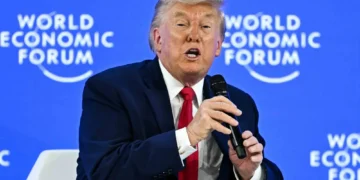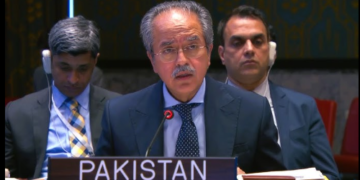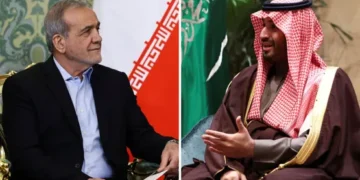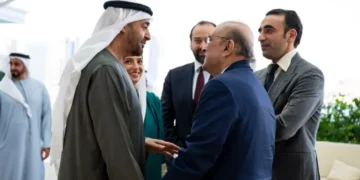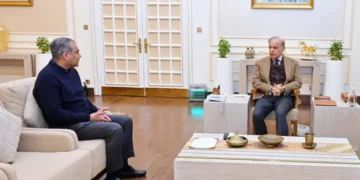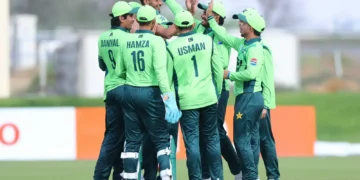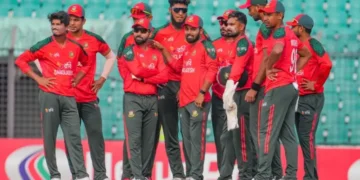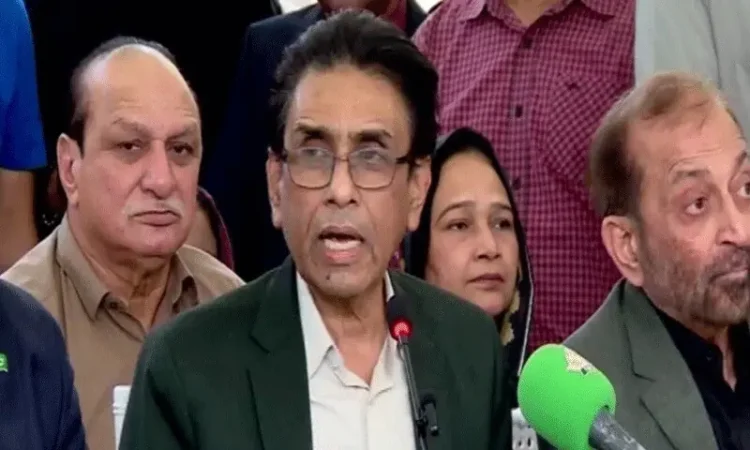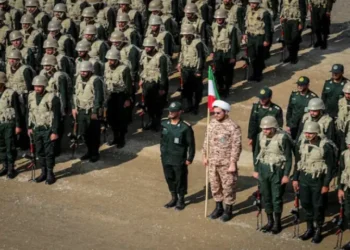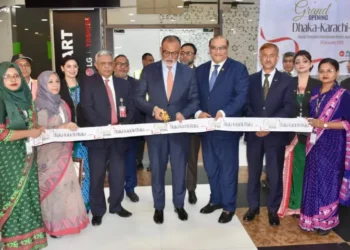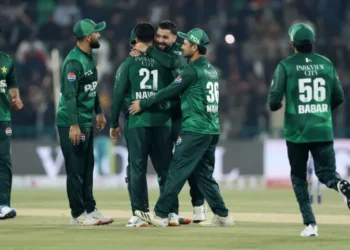KARACHI (MNN); The senior leadership of the Muttahida Qaumi Movement–Pakistan (MQM-P), a key federal coalition partner, reiterated on Thursday that the Constitution requires the creation of new provinces once certain demographic and administrative conditions are met. The remarks come as political debate intensifies over the expected 28th constitutional amendment.
Earlier this week, the party said that its proposed amendment aimed at strengthening local governments would now move forward as the 28th amendment. MQM-P described it as a national-level reform initiative, not limited to Karachi, and expected it to take shape in the coming months.
Speaking to the media in Chiniot, Adviser to the Prime Minister on Political Affairs Rana Sanaullah also stated that the 28th amendment could be introduced if political consensus emerged. He said the amendment would address key public issues, including local bodies, population matters, the National Finance Commission, and health-related concerns.
At a press conference in Karachi, joined by Sindh Governor Kamran Tessori, MQM-P leadership again raised the subject of new provinces and empowered local governments.
Education Minister Khalid Maqbool Siddiqui said the Constitution itself highlighted the need to form more provinces. He noted that Article 239 required adjustments in districts, divisions, and even provinces when population and public needs increased. He argued that failing to act on such constitutional provisions amounted to a betrayal.
Siddiqui questioned why implementing a constitutional requirement would be labelled treason, saying that the right to create new provinces had existed since the era of Zulfikar Ali Bhutto. He added that only Pakistan’s ruling elite enjoyed the luxury of selectively enforcing constitutional clauses.
He said genuine democracies worldwide did not allow rulers to pick and choose which constitutional provisions to honour. According to him, Pakistan’s democracy was dominated by landowners and feudal powers, making real progress and education difficult under such a system.
The MQM-P leader stressed that the third tier of government was the strongest in developed democracies and that his party sought no personal gain—only that people be given their constitutional rights. He added that democracy held little value if its benefits did not reach ordinary citizens.
Siddiqui reiterated that MQM-P did not control any tier of government and demanded that Karachi’s mayor be fully empowered, similar to mayors in major metropolitan cities worldwide.


